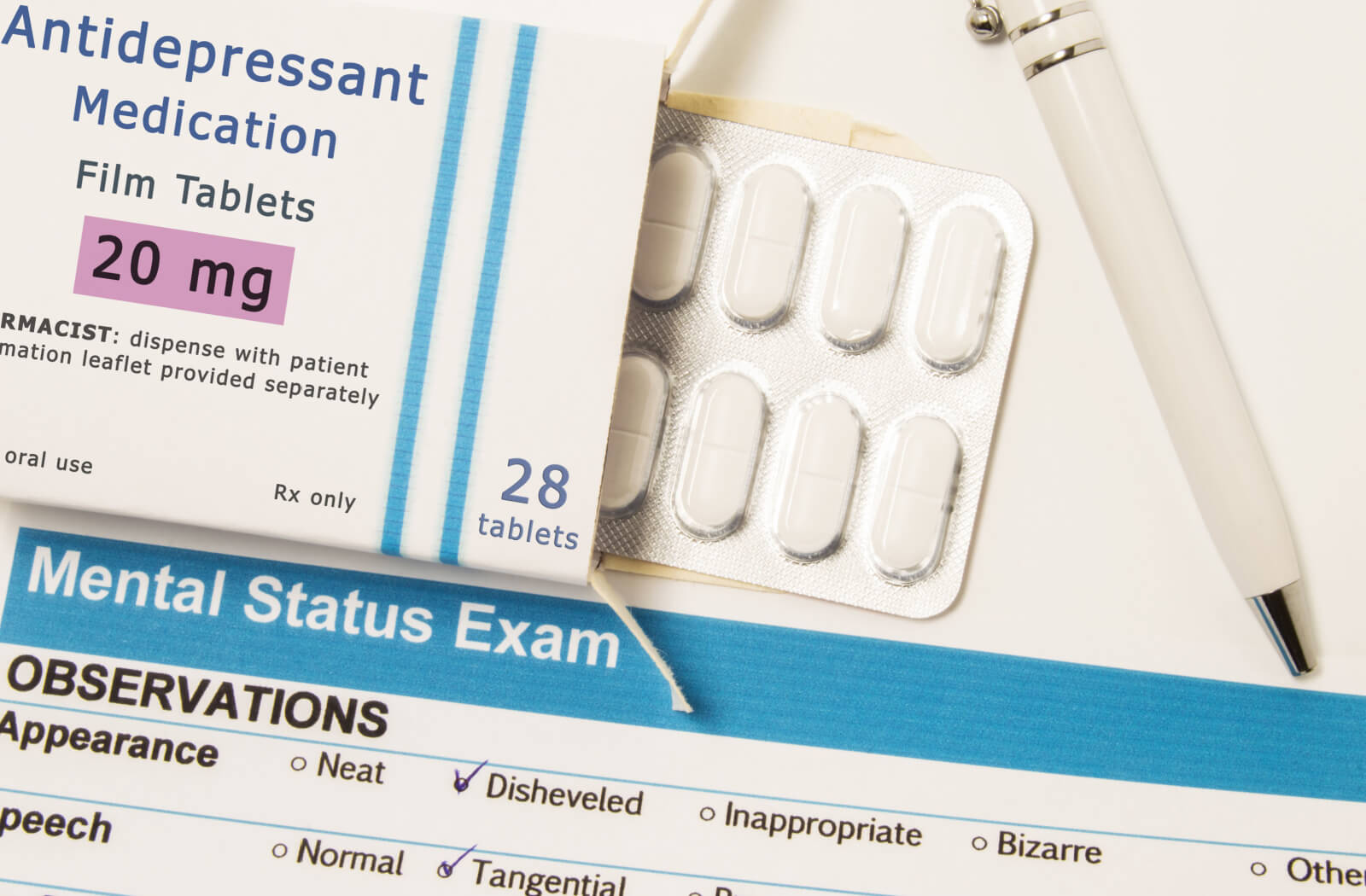6558231167070,
6581206646878,
6652138455134,
4762752352350,
4822065217630,
6581205893214,
6725767561310,
6581206057054,
6720415334494,
6773358428254,
6725765398622,
6779301199966,
6726774358110,
6639209545822,
6670609088606,
6992449470558,
6899474202718,
6901979185246,
6864523460702,
6718323884126,
6699091132510,
6945824145502,
6903996350558,
6718330306654,
4762752352350,
4822065217630,
6672677732446,
2126081654873,
6725767561310,
6672689463390,
6672690184286,
6725765398622,
2126083326041,
6672690446430,
6672691200094,
6699091132510,
6558231167070,
2140543746137,
6680815075422,
2140543189081,
2172995502169,
6727046234206,
4812348325982,
1866920493145,
6722412249182,
6697098969182,
1979047739481,
6574523285598,
1851480539225,
6586584596574,
6558231167070,
4762162200670,
6646460743774,
6538333061214,
6668924387422,
6581205893214,
6581206057054,
6720415334494,
6632072478814,
6737933697118,
6727118880862,
6737933533278,
6746098925662,
6746097844318,
6744808128606,
6744744558686,
6744310251614,
6778817904734,
6744310710366,
6744311169118,
6744311595102,
6744312217694,
6737393352798,
6737940840542,
1866875338841,
1430777200729,
4812325421150,
1772335399001,
4453128110174,
6574523285598,
1430803415129,
6586584596574,
1543095615577,
4591517237342,
4666221133918,
6591476990046,
6676962181214,
4591505145950,
6906165133406,
6580743471198,
6938755891294,
6824070742110,
6638546747486,
6591486427230,
6786284650590,
6805502328926,
6864540926046,
6864523460702,
6768802136158,
2126081654873,
6762180903006,
2126083326041,
6765022314590,
6818332311646,
1798281953369,
1430798270553,
6737949130846,
6737947721822,
6938755891294,
6947910647902,
6548113784926,
6548115488862,
6548115030110,
6548115259486,
1430803415129,
6773358428254,
6779301199966,
6992449470558,
6901979185246,
6903996350558,
1851480539225,
6558231167070,
4591517237342,
6581206646878,
6580742193246,
6632035352670,
1851477917785,
4666221133918,
6676962181214,
6750919753822,
4591505145950,
6668924387422,
6632147484766,
6581205893214,
6632068710494,
6580745207902,
6906165133406,
6581206057054,
6668928876638,
6580743798878,
6580743471198,
6720415334494,
6632072478814,
6736590766174,
6668960366686,
4591463432286,
4591550759006,
6805502328926,
4591489876062,
6726774358110,
6639209545822,
6670609088606,
6900517011550,
6801890377822,
6883431809118,
6801895555166,
6899444580446,
6879585173598,
6945824145502,
6736892264542,
6881220722782,
6591476990046,
6591475187806,
6632040693854,
6676967686238,
6632434761822,
6538111877214,
6591486427230,
6539106320478,
6591490719838,
6632069693534,
6591488196702,
6591459360862,
6591460507742,
6722138210398,
6591483641950,
6676661043294,
6591489441886,
6591484395614,
6738581815390,
6805608169566,
6805079195742,
6668927893598,
6591486099550,
6736906420318,
6679748280414,
6539106517086,
6910178000990,
6840489410654,
6639213969502,
6910179344478,
6632073166942,
6539107106910,
6539106746462,
6910180032606,
6881250836574,
6841158991966,
6945842921566,
6879586910302,
6866046124126,
6945807761502,
6591476990046,
6591475187806,
6632040693854,
6676967686238,
6632434761822,
6538111877214,
6750912151646,
6591486427230,
6539106320478,
6591490719838,
6632069693534,
6591488196702,
6591459360862,
6591460507742,
6722138210398,
6591483641950,
6676661043294,
6591489441886,
6591484395614,
6738581815390,
6805608169566,
6805079195742,
6668927893598,
6591486099550,
6736906420318,
6679748280414,
6539106517086,
6910178000990,
6840489410654,
6639213969502,
6910179344478,
6632073166942,
6539107106910,
6539106746462,
6910180032606,
6881250836574,
6841158991966,
6945842921566,
6879586910302,
6866046124126,
6945807761502,
4591517237342,
6632035352670,
2076847734873,
6563529719902,
6676962181214,
6750919753822,
4591505145950,
2076854386777,
6632147484766,
6709671624798,
6632068710494,
2076852453465,
6906165133406,
2076854812761,
6668928876638,
6563527852126,
6720415334494,
6632072478814,
6736590766174,
6668960366686,
6652147073118,
6786284650590,
4591463432286,
4591550759006,
6805502328926,
6726774358110,
4591489876062,
6864540926046,
6805078147166,
6670609088606,
6900517011550,
6801890377822,
6883431809118,
6801895555166,
6899474202718,
6899444580446,
6879585173598,
6945766932574,
6864523460702,
6945824145502,
6736892264542,
6881220722782,
6632147484766,
6668928876638,
6736590766174,
6805502328926,
4591505145950,
6632068710494,
2076852453465,
4591517237342,
2076847734873,
6676962181214,
6805502328926,
2076854386777,
6945824145502,
2076854812761,
4591489876062,
1979048558681,
1798281953369,
1851480539225,
1430798270553,
4471340007518,
4690745294942,
6581206646878,
4471344037982,
6567961788510,
6567956217950,
1979047739481,
6572404834398,
6574523285598,
2050637987929,
2172995502169,
6646460743774,
6563505045598,
6768802136158,
6819728818270,
6652138455134,
6652147073118,
6652150120542,
6688542687326,
6673688887390,
6718323884126,
6673693540446,
6718330306654,
1798289752153,
1430808658009,
6563529719902,
6737934155870,
6737933795422,
6737954766942,
6737940447326,
6737960435806,
6737958862942,
6737949687902,
6740818722910,
6737959616606,
6737949130846,
6737947721822,
6586584596574,
4666221133918,
6538333061214,
6581205893214,
6581206057054,
6632072478814,
6538333061214,
4666221133918,
2172995502169,
1430798270553,
1798281953369,
1430791946329,
1979047739481,
1979048558681,
1851477917785,
1851480539225,
4471340007518,
4471344037982,
4471345447006,
4690745294942,
4762162200670,
6538333061214,
6542546042974,
6563496755294,
6563505045598,
6574523285598,
6586584596574,
6632072478814,
6646460743774,
6668924387422,
6709671624798,
6720415334494,
4591550759006,
6805078147166,
6879585173598,
6883431809118,
6899444580446,
6945766932574,
1475187408985,
1430791946329,
4762162200670,
4471345447006,
6563527852126,
6864540926046,
6580742193246,
1851477917785,
1979048558681,
1979047739481,
6574523285598,
1798281953369,
4690745294942,
2172995502169,
4471344037982,
6646460743774,
6563505045598,
6663730528350,
1851480539225,
1430798270553,
4471340007518,
4666221133918,
6668924387422,
6883431809118,
6586584596574,
6538333061214,
6632072478814,
6945766932574,
6586584596574,
6538333061214,
6632072478814,
6805078147166,
1979048558681,
1798281953369,
1851480539225,
1430798270553,
4690745294942,
6580742193246,
1851477917785,
4666221133918,
1475187408985,
2050632613977,
6542546042974,
2050637987929,
6819728818270,
1772333563993,
6572404834398,
1772335399001,
6801861574750,
6646460743774,
1772337004633,
1866875338841,
1979048558681,
1866847551577,
4453128110174,
1979059372121,
1979047739481,
6586584596574,
4533585444958,
4762144309342,
4762162200670,
6709671624798,
6638546747486,
6737934155870,
6737933795422,
6737954766942,
6737940447326,
6737960435806,
6727118880862,
6737934418014,
6737933697118,
6737933533278,
6663724564574,
6663730528350,
6663725711454,
6664716025950,
1866875338841,
1772335399001,
1430777200729,
1866847551577,
2050637987929,
4472828100702,
4453128110174,
1772337004633,
1772333563993,
1430786179161,
2050632613977,
2140543746137,
2140543189081,
4762144309342,
4812348325982,
6567956217950,
6567961788510,
6572404834398,
6653684580446,
6653687201886,
6655234637918,
6680815075422,
6653688021086,
6653689397342,
6653690183774,
6697098969182,
6722412249182,
6727046234206,
6762096263262,
6762096590942,
6762096853086,
6762098262110,
6762180903006,
6767661416542,
6768802136158,
6779289665630,
6801861574750,
6818332311646,
6819728818270,
6765022314590,
4472828100702,
2140543189081,
1866875338841,
1772335399001,
4472828100702,
4762144309342,
1772337004633,
2140543746137,
6567961788510,
6653690183774,
6697098969182,
4762144309342,
1772337004633,
2140543746137,
6653690183774,
6938755891294,
6765022314590,
1866875338841,
1430777200729,
1866847551577,
1772335399001,
4453128110174,
6572404834398,
1772333563993,
4472828100702,
2050637987929,
1430786179161,
2140543746137,
6680815075422,
2050632613977,
2140543189081,
6567961788510,
6727046234206,
4812348325982,
6567956217950,
6655234637918,
6768802136158,
6653690183774,
6722412249182,
6801861574750,
6653687201886,
6762180903006,
6653688021086,
6819728818270,
6653689397342,
6765022314590,
6653684580446,
6632147484766,
6668928876638,
6726774358110,
1866875338841,
1430777200729,
1772333563993,
1430786179161,
6672677732446,
6655234637918,
6801861574750,
6548113784926,
6548115488862,
6548115030110,
6548115259486,
1851480539225,
1851477917785,
6709671624798,
6563505045598,
6720415334494,
6563496755294,
6639209545822,
6805078147166,
1430803415129,
1798289752153,
1430808658009,
4533585444958,
6652138455134,
6652150120542,
6673688887390,
6673693540446,
6688542687326,
6824070742110,
6938755891294,
1430803415129,
4533585444958,
6824070742110,
6652150120542,
6688542687326,
1798289752153,
1430808658009,
4533585444958,
6652150120542,
6688542687326,
1430777200729,
1866847551577,
1772333563993,
6801861574750,
7016840364126,
6992449470558,
6945824145502,
6945766932574,
6938755891294,
6906802372702,
6906165133406,
6903996350558,
6901979185246,
6900517011550,
6899474202718,
6883431809118,
6881220722782,
6879585173598,
6864540926046,
6864523460702,
6824070742110,
6819728818270,
6818332311646,
6805502328926,
6805078147166,
6801895555166,
6801890377822,
6801861574750,
6786284650590,
6779301199966,
6779289665630,
6773358428254,
6768802136158,
6767661416542,
6765022314590,
6762180903006,
6762098262110,
6762096853086,
6762096590942,
6762096263262,
6750919753822,
6736892264542,
6736590766174,
6727046234206,
6726774358110,
6725767561310,
6725765398622,
6722412249182,
6720415334494,
6718330306654,
6718323884126,
6709671624798,
6699091132510,
6697098969182,
1866875338841,
1979048558681,
1430777200729,
4812325421150,
1866847551577,
1772335399001,
4453128110174,
1979059372121,
1979047739481,
6574523285598,
1772333563993,
1798281953369,
1430803415129,
4472828100702,
1430791946329,
1851480539225,
2050637987929,
4762144309342,
1430798270553,
1430786179161,
2140543746137,
1543095615577,
6558231167070,
4591517237342,
6680815075422,
4748275417182,
4690745294942,
2050632613977,
6581206646878,
2140543189081,
2172995502169,
1430808658009,
6567961788510,
4748300157022,
4812348325982,
1866920493145,
4666221133918,
6567956217950,
4591505145950,
6668924387422,
6542546042974,
6581205893214,
6655234637918,
6653690183774,
6581206057054,
6668928876638,
6580743798878,
6580743471198,
6801861574750,
6653687201886,
4748275417182,
4748300157022,
6906802372702,
6635258347614,
6737950965854,
6737934418014,
4812325421150,
1979059372121,
1543095615577,
4748300157022,
4748275417182,
1866920493145,
6635258347614,
6638546747486,
6906802372702,
7016840364126,
1543095615577,
4748300157022,
6638546747486,
6635258347614,
4812325421150,
1979059372121,
4748275417182,
1866920493145,
1430803415129,
4533585444958,
1430808658009,
4812325421150,
4453128110174,
1979059372121,
1430803415129,
4533585444958,
6558231167070,
1798289752153,
6680815075422,
4748275417182,
6581206646878,
1430808658009,
4748300157022,
1866920493145,
6638546747486,
6635258347614,
4812325421150,
1543095615577,
6737950965854,
6655234637918,
6653690183774,
6653687201886,
6653688021086,
6653689397342,
6779289665630,
6762098262110,
6653684580446,
6762096853086,
6767661416542,
6762096590942,
6762096263262,
6746098925662,
6746097844318,
6778817904734,
6744312217694,
6744310251614,
6744309792862,
6744808128606,
6744744558686,
6744311595102,
6744311169118,
6744310710366,
6663724564574,
6663730528350,
6663725711454,
6664716025950,
1866875338841,
1772335399001,
6572404834398,
4472828100702,
6567961788510,
6938755891294,
6864540926046,
6864523460702,
6864548397150,
6864546168926,
1430803415129,
1851480539225,
6586584596574,
4533585444958,
1430798270553,
6558231167070,
6581206646878,
1430808658009,
6668924387422,
6632072478814,
6688542687326,
1430777200729,
6574523285598,
4472828100702,
1430791946329,
1430786179161,
6906165133406,
6824070742110,
6737393352798,
6737949687902,
6737940840542,
6632035352670,
6676962181214,
6750919753822,
6632147484766,
6632068710494,
6632072478814,
6736590766174,
6668960366686,
6899474202718,
6736892264542,
6881220722782,
6632040693854,
6676967686238,
6632434761822,
6750912151646,
6632069693534,
6676661043294,
6738581815390,
6736906420318,
6632073166942,
6563529719902,
6580745207902,
2076854812761,
6580743798878,
6652147073118,
6945824145502,
6538111877214,
6539106320478,
6539106517086,
6539106746462,
6539107106910,
6537725313118,
6591459360862,
6591460507742,
6591475187806,
6591476990046,
6591483641950,
6591484395614,
6591486099550,
6591486427230,
6591488196702,
6591489441886,
6591490719838,
6632040693854,
6632069693534,
6632073166942,
6632434761822,
6639213969502,
6668927893598,
6670071431262,
6676661043294,
6676967686238,
6722138210398,
6727118880862,
6736906420318,
6737393352798,
6737933533278,
6737933697118,
6737933795422,
6737934155870,
6737934418014,
6737940840542,
6737947721822,
6737949130846,
6737949687902,
6737950965854,
6737954766942,
6737958862942,
6737960435806,
6738581815390,
6740818722910,
6744309792862,
6744310251614,
6744310710366,
6744311169118,
6744311595102,
6591489441886,
6591486427230,
6591486099550,
6591484395614,
6591483641950,
6591476990046,
6591475187806,
6591490719838,
6591488196702,
6591460507742,
6591459360862,
6639213969502,
6668927893598,
6679748280414,
6722138210398,
6670071431262,
6805079195742,
6805608169566,
6840489410654,
6841158991966,
6866046124126,
6879586910302,
6899444580446,
6910178000990,
6910179344478,
6910180032606,
6945807761502,
6945842921566,
1851480539225,
6558231167070,
4666221133918,
1851477917785,
6581206646878,
6581206057054,
6581205893214,
6580745207902,
6580743798878,
6580743471198,
6580742193246,
6639209545822,
6668924387422,
6668928876638,
6670609088606,
6720415334494,
6726774358110,
6801890377822,
6801895555166,
6805078147166,
6805502328926,
6879585173598,
6883431809118,
6900517011550,
6945766932574,
6945824145502,
4471340007518,
4471344037982,
4471345447006,
6737958862942,
6740818722910,
6737959616606,
4591517237342,
4591505145950,
4591463432286,
4591550759006,
4591489876062,
6538111877214,
6539106320478,
6539106517086,
6539107106910,
6539106746462,























